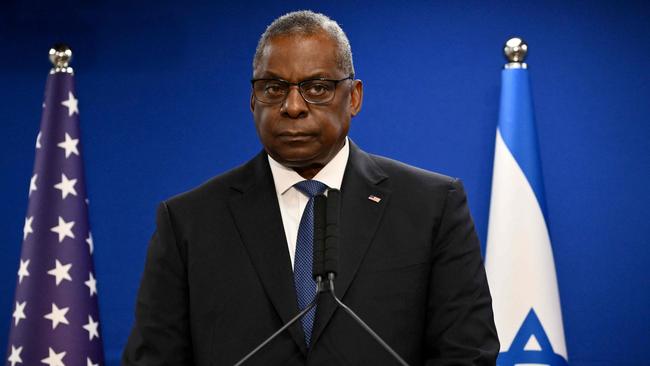
That’s the multi-billion-dollar question as the US rolls out Operation Prosperity Guardian in the Red Sea. Mr Austin says the goal of the coalition of at least 10 nations is to protect “freedom of navigation for all countries” while “bolstering regional security.” He called the Houthi threat an “international challenge that demands collective action.” The coalition includes the Netherlands, Spain and Canada, though Bahrain appears so far to be the only Middle East country participating.
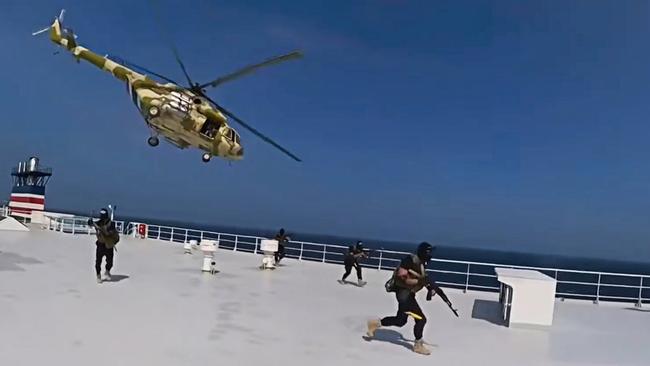
The effort is worthwhile, as more than 10 per cent of global trade moves through the Red Sea. Maersk, BP, Hapag-Lloyd, CGM Group and other firms have stopped sending ships through the Red Sea because of the Houthi attacks.
The Houthis claim to be registering their displeasure about the war in Israel, but they’ve launched 100 drone and ballistic-missile attacks by the Pentagon’s tally. US Navy destroyers have intercepted such attacks, with the USS Carney shooting down 14 drones over the weekend. A merchant crew of 25 taken hostage on Nov. 19 is still “unjustly detained in Yemen,” the Pentagon says.
It’s good to work with allies, but the truth is that this effort will depend largely on US military power and political will. The details of how the task force will operate aren’t clear, and many of the countries barely have a navy.
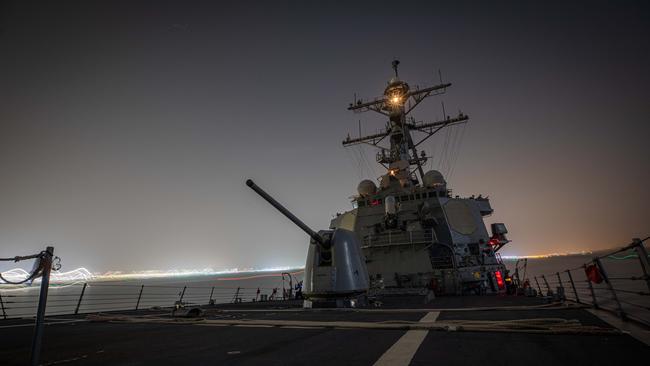
All of this shows that the Houthis and their Iranian backers have already succeeded in their goal of damaging Western interests. They’ve forced the world to deploy scarce naval assets to defend commercial shipping. Yet they have paid no political or military price for this modern piracy.
Which raises Secretary Austin’s “must stop” ultimatum. In the best scenario, the Houthis and Iran will heed his warning and stand down. But what if they don’t? Will the U.S. do what it hasn’t so far and retaliate with strikes on Houthi launch sites or missile stores? Has the U.S. warned the Iranian mullahs that their military or nuclear assets will be at risk?
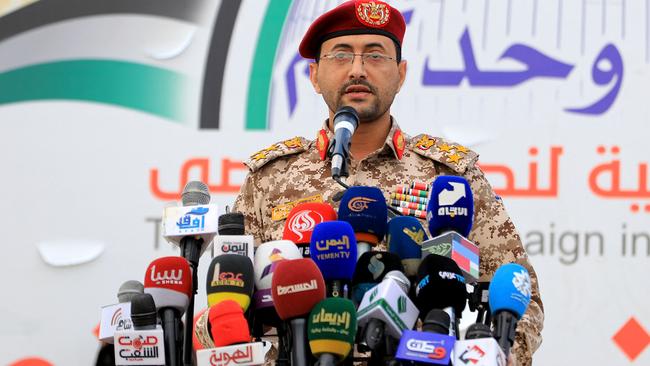
These questions go to the heart of failing US deterrence against the world’s rogues. The Houthis and Iranians, like the Russians in Ukraine, sense that President Biden wants above all to avoid escalating conflicts. They think he’s terrified of another headline about world chaos in an election year.
But that strategy has failed in Ukraine, which is increasingly a frozen conflict, and it hasn’t prevented war in the Middle East. Letting the Houthis terrorise a crucial world shipping lane is a failure that will further disrupt the Middle East and radiate to other parts of the world. That includes the Pacific, where the Chinese are menacing the Philippines.
The Wall St Journal


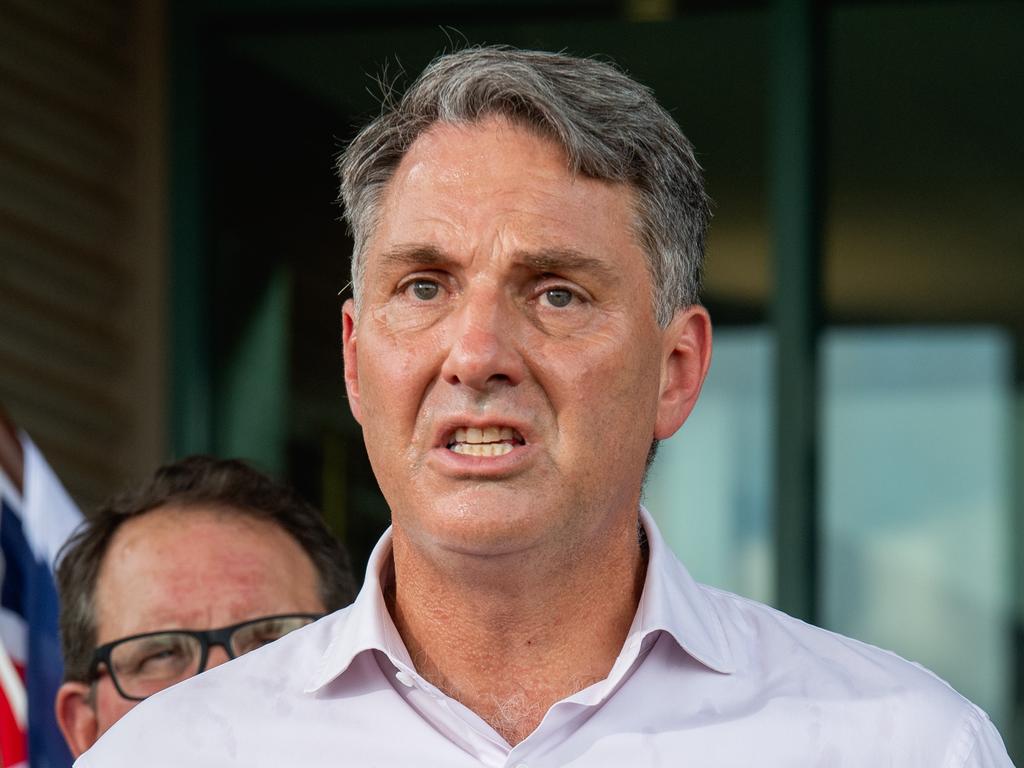


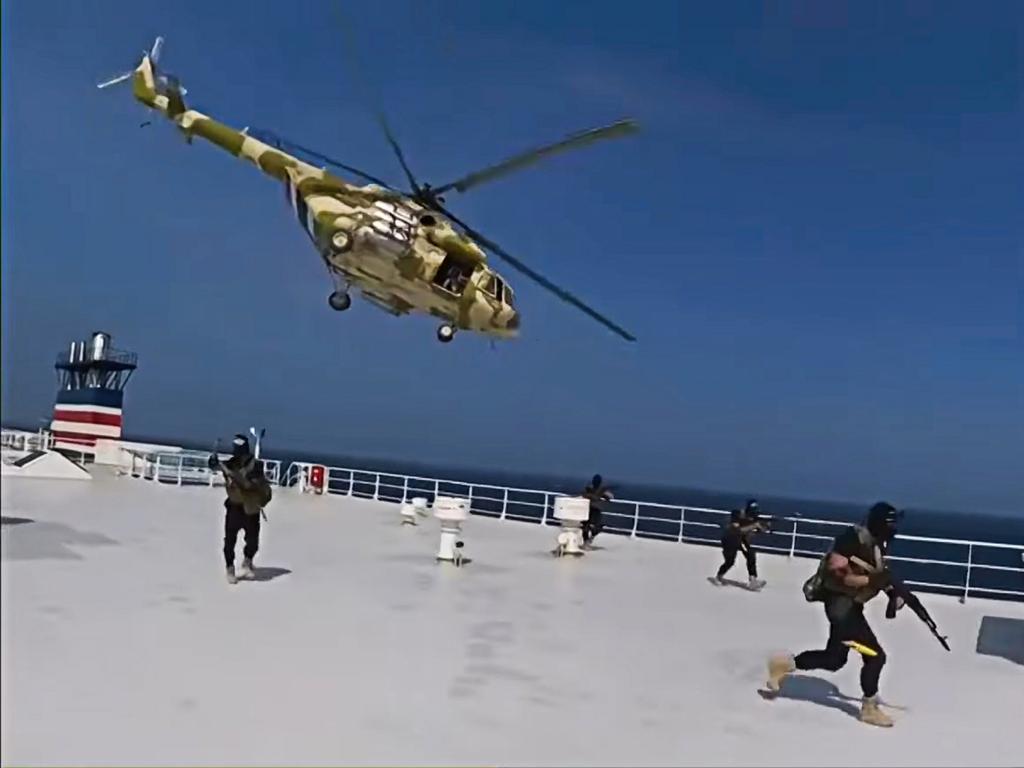


Lloyd Austin couldn’t have been clearer on Monday. “Iran’s support for Houthi attacks on commercial vessels must stop,” the Secretary of Defense declared in Israel. But what if the Houthis in Yemen backed by Iran continue to fire at oil tankers and other ships? What does “must stop” mean?